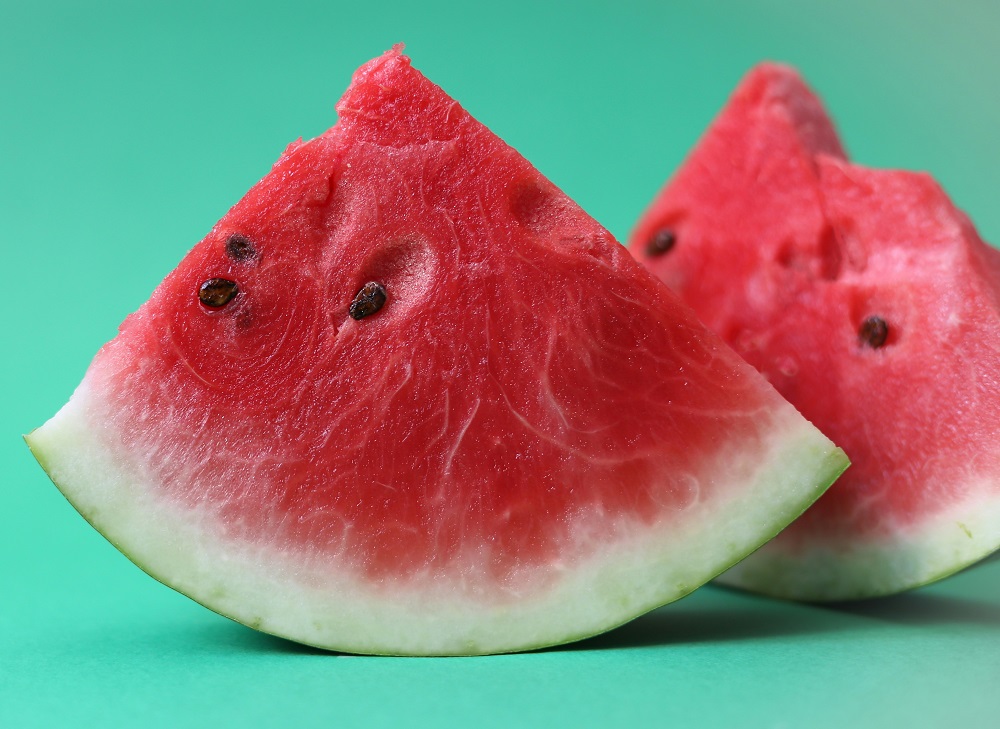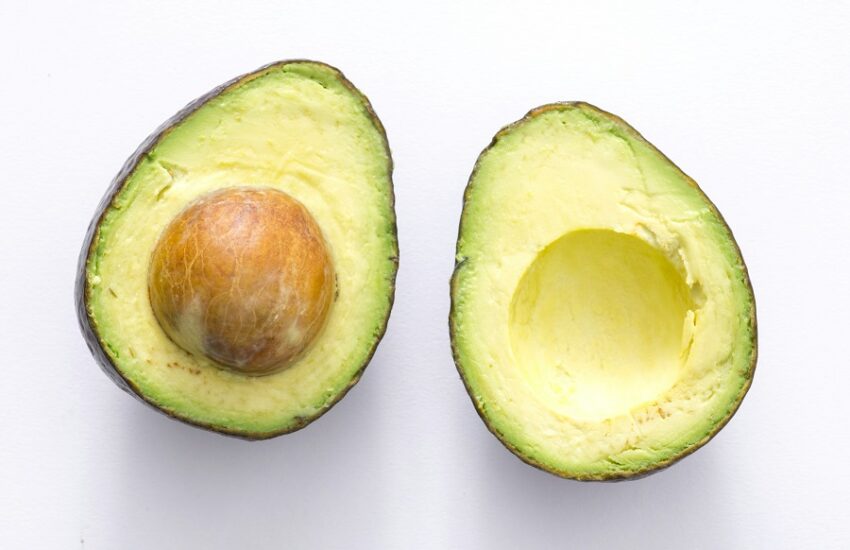A healthy heart is fundamental to overall well-being. Cardiovascular diseases remain one of the leading causes of death worldwide, emphasizing the importance of prevention through lifestyle choices. A heart-healthy diet, particularly one rich in fruits, can help mitigate the risk of heart disease. Fruits provide essential vitamins, minerals, fiber, and antioxidants that work synergistically to promote cardiovascular health. In this extensive guide, we will explore ten fruits that are particularly beneficial for heart health, discussing their nutritional profiles, specific heart health benefits, and practical ways to include them in your daily diet. Mohit Tandon from Houston suggested the 10 Best Fruits for Healthy Heart :
1. Berries
– Nutritional Benefits
Berries, including strawberries, blueberries, raspberries, and blackberries, are among the most nutrient-dense fruits available. They are low in calories but high in vitamins, minerals, and fiber. Firstly, Berries are particularly rich in antioxidants, such as anthocyanins, which are responsible for their vibrant colors and have been shown to have anti-inflammatory properties. – Mohit Tandon Houston
– Heart Health Effects
Research consistently shows that berries can contribute to heart health in several ways:
- Lower Blood Pressure: Studies have indicated that regular consumption of berries can help reduce systolic and diastolic blood pressure, which is crucial for reducing the risk of heart disease.
- Improved Cholesterol Levels: Berries can improve lipid profiles by lowering LDL (bad cholesterol) and increasing HDL (good cholesterol).
- Enhanced Endothelial Function: The antioxidants in berries help improve endothelial function, which is vital for maintaining healthy blood vessels and proper blood flow.
– How to Include Berries in Your Diet
Berries are versatile and can be easily incorporate into various meals. Consider adding them to smoothies, oatmeal, or yogurt. They also make a great addition to salads or can be enjoyed on their own as a snack.

2. Apples
– Nutritional Benefits
Secondly, Apples are rich in dietary fiber, particularly soluble fiber like pectin. They also contain a variety of vitamins, including vitamin C, and are low in calories. The fiber content in apples helps to regulate digestion and can aid in weight management.
– Heart Health Effects
The heart-healthy benefits of apples are well-documented:
- Cholesterol Reduction: The soluble fiber in apples can help lower cholesterol levels, reducing the risk of heart disease.
- Reduced Risk of Stroke: Some studies suggest that regular apple consumption is associated with a lower risk of stroke due to their beneficial effects on cardiovascular health.
- Antioxidant Properties: Apples contain quercetin and other antioxidants that help reduce inflammation and oxidative stress.
– How to Include Apples in Your Diet
Enjoy apples as a convenient snack, slice them into salads, or use them in baking. Applesauce is also a great addition to various recipes, providing moisture and sweetness without added sugar.

3. Citrus Fruits
– Nutritional Benefits
Especially, Citrus fruits, including oranges, lemons, limes, and grapefruits, are excellent sources of vitamin C, fiber, and numerous flavonoids. These fruits are also hydrating and low in calories.
– Heart Health Effects
Citrus fruits are particularly beneficial for heart health:
- Lower Cholesterol Levels: Citrus fruits have been linked to reduced levels of LDL cholesterol.
- Improved Blood Pressure: The potassium content in citrus fruits helps regulate blood pressure, promoting cardiovascular health.
- Stroke Prevention: Studies suggest that consuming citrus fruits can lower the risk of stroke, likely due to their anti-inflammatory properties.
– How to Include Citrus Fruits in Your Diet
Incorporate citrus fruits into your breakfast by adding them to smoothies or yogurt. Use them as a refreshing snack or add fresh lemon or lime juice to salads and marinades.

4. Bananas
– Nutritional Benefits
Basically, Bananas are famous for their high potassium content, which is essential for heart health. They also provide dietary fiber, vitamin C, and vitamin B6.
– Heart Health Effects
The heart benefits of bananas include:
- Blood Pressure Regulation: Potassium helps balance sodium levels, which is critical for maintaining healthy blood pressure.
- Heart Function Support: The fiber in bananas aids in cholesterol management, supporting overall heart function.
- Weight Management: Eating bananas can help with satiety, making it easier to maintain a healthy weight, which is important for heart health.
– How to Include Bananas in Your Diet
Enjoy bananas on their own, slice them into oatmeal or cereal, or blend them into smoothies. They also make a great addition to baked goods like muffins and pancakes.

5. Grapes
– Nutritional Benefits
Grapes are a good source of vitamins C and K, as well as antioxidants like resveratrol, which has garnered attention for its potential health benefits.
– Heart Health Effects
Grapes provides several heart health benefits.:
- Cholesterol Management: Resveratrol may help improve lipid profiles by reducing LDL cholesterol and increasing HDL cholesterol.
- Blood Pressure Regulation: Regularly consuming grapes lowers blood pressure levels.
- Anti-Inflammatory Effects: The antioxidants in grapes help combat inflammation, reducing the risk of chronic diseases, including heart disease.
– How to Include Grapes in Your Diet
Grapes are a perfect snack on their own or can be added to salads, cheese plates, and desserts. Try freezing grapes for a refreshing treat.

6. Pomegranates
– Nutritional Benefits
Pomegranates are rich in antioxidants, particularly punicalagins and anthocyanins. They also provide vitamin C, potassium, and fiber.
– Heart Health Effects
Pomegranates have several heart health benefits:
- Blood Pressure Reduction: Drinking pomegranate juice has been shown to lower blood pressure in individuals with hypertension.
- Cholesterol Improvement: Pomegranates can help improve cholesterol levels, potentially reducing the risk of heart disease.
- Anti-Inflammatory Effects: The antioxidants in pomegranates help protect against oxidative stress, contributing to overall heart health.
– How to Include Pomegranates in Your Diet
Pomegranates can be eaten fresh or juiced. Sprinkle the seeds on salads, yogurt, or oatmeal for added texture and flavor.

7. Avocados
– Nutritional Benefits
Avocados are unique among fruits due to their high content of healthy monounsaturated fats. They are also rich in fiber, potassium, and vitamins E and C.
– Heart Health Effects
Avocados contribute to heart health in several ways:
- Cholesterol Regulation: The healthy fats in avocados help lower LDL cholesterol while raising HDL cholesterol, promoting a healthier lipid profile.
- Blood Pressure Management: The potassium content helps maintain healthy blood pressure levels.
- Inflammation Reduction: Avocados contain anti-inflammatory compounds that can help protect the heart.
– How to Include Avocados in Your Diet
Avocados can be used in a variety of ways: spread on toast, blended into smoothies, added to salads, or used as a creamy base for dips like guacamole.

8. Cherries
– Nutritional Benefits
Cherries are low in calories and high in antioxidants, particularly anthocyanins, which give them their rich color. They also provide vitamin C and fiber.
– Heart Health Effects
Cherries are linked to several heart health benefits:
- Blood Pressure Control: Regular cherry consumption has been associated with lower blood pressure levels.
- Cholesterol Improvement: The antioxidants in cherries can help reduce bad cholesterol levels.
- Inflammation Reduction: The anti-inflammatory properties of cherries may help protect against heart disease and improve overall heart health.
– How to Include Cherries in Your Diet
Cherries can be enjoyed fresh, added to smoothies, or used in desserts. Dried cherries make a great addition to trail mixes and salads. – Mohit Tandon Houston

9. Kiwi
– Nutritional Benefits
Kiwi is a nutrient-dense fruit, providing vitamin C, vitamin K, and potassium. It is also high in fiber and low in calories.
– Heart Health Effects
Kiwis contribute to heart health in the following ways:
- Blood Pressure Regulation: Studies suggest that kiwis can help lower blood pressure and improve cardiovascular function.
- Cholesterol Management: The fiber in kiwis helps reduce overall cholesterol levels, promoting heart health.
- Antioxidant Protection: The antioxidants in kiwi help combat oxidative stress, contributing to overall cardiovascular health.
– How to Include Kiwi in Your Diet
Kiwis can be eaten fresh, added to fruit salads, or blended into smoothies. Their unique flavor makes them a great addition to desserts as well.

10. Watermelon
– Nutritional Benefits
Watermelon is low in calories and high in hydration, making it a refreshing choice. It contains vitamins A and C, as well as the antioxidant lycopene.
– Heart Health Effects
Watermelon is beneficial for heart health:
- Cholesterol Reduction: Lycopene has been shown to help lower cholesterol levels and improve heart health.
- Blood Pressure Management: The hydration from watermelon supports overall cardiovascular function, and its potassium content helps maintain healthy blood pressure levels.
- Anti-Inflammatory Properties: Watermelon’s antioxidants can help reduce inflammation and support heart health.
– How to Include Watermelon in Your Diet
You can enjoy watermelon on its own, add it to fruit salads, or blend it into smoothies. It also makes a refreshing addition to savory dishes, such as salads.

Conclusion
Incorporating these ten fruits into your daily diet can significantly benefit your heart health. They provide essential nutrients, antioxidants, and fiber, all of which play a critical role in maintaining cardiovascular health. Remember, a holistic approach to nutrition—combined with regular physical activity and other healthy lifestyle choices—will yield the best results for your heart.
By enjoying a variety of these fruits regularly, you can support your heart’s health and contribute to your overall well-being. Always consult with a healthcare professional before making significant changes to your diet, especially if you have existing health conditions.
